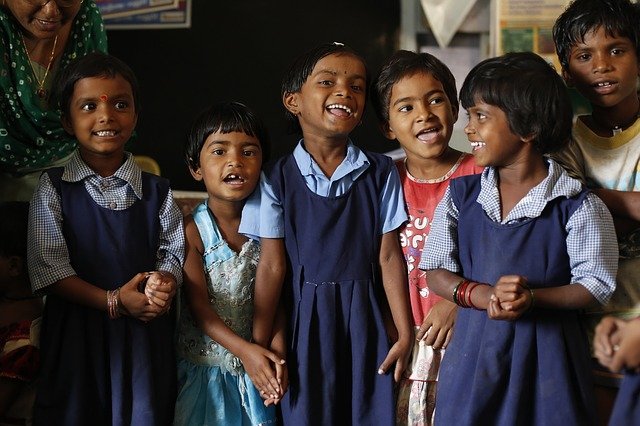Wise Giving Wednesday: Storytelling in Charity Appeals

Last November, I wrote an article that appeared in the Huffington Post in which I shared a very personal story from my childhood to help make a point about encouraging collaboration among charitable organizations. I received a lot of feedback from that posting, in part, because of the emotional impact of the recollection. It got readers’ attention and probably encouraged many to review the rest of the piece.
I mention the above since most successful charity appeals today use stories to help attract attention and motivate the recipients to contribute. A story about how someone was personally affected by the problem the charity is seeking to address and how he/she was helped by the organization enables donors to relate to the issue and understand things that statistics alone may not be able to explain.
With this in mind, here are some points for both donors and charities to consider when stories are used in charity appeals:
Did the story actually occur? It almost goes without saying but the best stories are the ones that actually happened. If a charity appeal includes a “representative” story that is really a compilation of various different incidents, then the organization should clearly identify this is the case. To do otherwise is misleading and can lead to recipients feeling manipulated or betrayed if the truth about the compilation is revealed at a later time.
Outdated stories should be identified. Unless told otherwise, appeal recipients will assume the story being shared is current. If the referenced story is more than three-years old and the appeal does not identify when the described events occurred, BBB WGA will ask the organization for a copy of the appeal to determine if this circumstance results in a misleading solicitation.
Proper use of photographs. See the previous Wise Giving Wednesday blog about the accurate use of photographs in appeals.
Statistics should be accurate and not exaggerated. To help supplement the story appearing appeals, a charity will often include statistics such as the frequency of the problem identified, how many individuals the charity assisted, or selected facts about the charity’s finances. Organizations should take care to verify the accuracy of these figures and be able to substantiate them if asked.
BBB Charity Standard 15 calls for solicitations and informational materials, distributed by any means, to be accurate, truthful and not misleading, both in whole and in part. Problems such as those described above can lead to a charity not meeting this standard.
As part of our Building Trust Video series, we are pleased to provide a video that features Sandra Raymond, President & CEO of the Lupus Foundation of America (a BBB Accredited Charity) which seeks to improve the quality of life for all people affected by lupus through programs of research, education, support and advocacy.
We are always working with charities to publish or update reports for donors. Visit Give.org or local BBBs to check out any charity before giving. Our recently evaluated charities include:
Finally, remember to let us know by going to https://www.give.org/ask-us-about-a-charity1/ if you are interested in seeing a report on a charity not on the list and we will do our best to produce one.
H. Art Taylor, President & CEO
BBB Wise Giving Alliance


